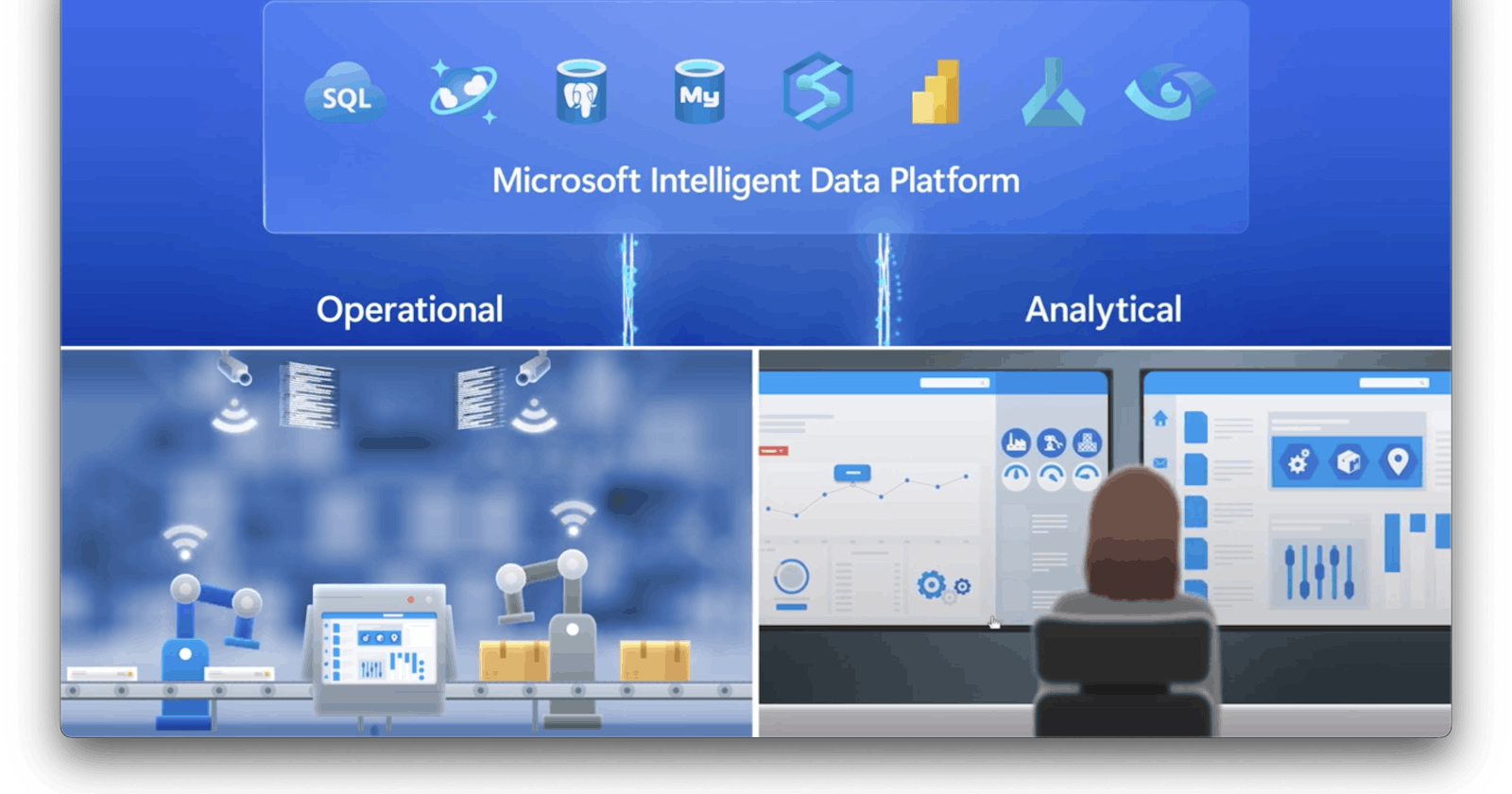Introduction
Harnessing the power of data has continued to redefine a lot of processes and bring simplicity to business operations as well as our personal lives through awesome products and capabilities in solutions. This may not have been possible without the numerous data platforms that collaborated to bring these life-changing experiences to the public.
In this article, we will look at some of Microsoft’s data tools, their functions, and their efficiency in the data ecosystem. Also, how Power BI - a business intelligence tool, can be integrated with them.
Microsoft's data platform tools explained
Microsoft SQL Server: This is a database management system designed and built by Microsoft. It serves as a platform for applications to store and retrieve data for various tasks or activities.
SQL Server Integration Services(SSIS) - This is an on-premise tool, which is part of the SQL Server suite, and it's used to pull data from different sources into the SQL Server databases. With SSIS, you can write packages that can be deployed on the Microsoft SQL Server
Azure Data Factory (ADF) - This is the cloud version of the SQL Server Integration service. It's used to pull data from different sources into destinations as well as orchestrate data pipelines
Azure Machine Learning(AML)- With Azure Machine Learning, you can build models using your data, without worrying about a lot of things. It is a Low-code /No code platform that has been designed to help bootstrap the journey of an anticipating data scientist.
Azure Cognitive Services(ACS) - With this platform, we can consume APIs of models which we can use to build intelligent applications. We now have apps that mimic human senses like seeing, hearing, speaking, and also reasoning and making decisions. Examples of Azure cognitive services are computer vision, custom vision, speech translation, speech-to-text, text-to-speech, speech recognition, etc.
Azure Synapse Analytics - This a data platform that brings together three major capabilities namely: Data Warehousing(An optimized structured database that supports business Intelligence), Data Integrating Capability, and Big Data Analytics. It finds great application in the enterprise world.
Azure Databricks - Azure Databricks is another platform that makes it possible for a collaborative effort between a data engineer and scientist to work together and to come up with machine learning models through codes. It also provides a variety of programming languages that can be used in its environment.
Azure Stream Analytics - Azure stream analytics provides a platform that makes it possible to continuously process data as they're generated. This platform makes it possible to set up a system that continuously analyzes an image or data from a bio-system, and triggers an alert or initiates actions when some incidence is detected from the data.
Azure Data lake - With Azure Data Lake, unstructured data like CSV files are stored(ingested), with excellent optimization to support big data analytics. It's a key repository used by businesses to maintain their unstructured file stores given some key features like: top-notch security with Azure AD, and hierarchical storage capability with granularity in access to data.
Azure Purview - With data getting so much and being the core of any business, there is need to trace data creation to its root through managing their metadata, this is referred to as Data Governance -This platform helps to bring trust to data since they can be traced to their root.
Azure IoT: Azure IoT makes it possible for billions of devices to interact and share data which can be used to generate insights and inform actions. IoT is revolutionizing how things are done regarding monitoring and building smart systems.
Azure Cosmos DB: This is a fully managed No-SQL database that supports different database models, that is Multi Model. It is highly optimized to scale and handle big workloads without compromising speed.
Getting Started with a Data Journey
One or two technologies from the aforementioned platforms have been incorporated into Power BI, a business-driven tool, which is why it is suggested as a platform to begin a data and AI journey. In addition to Power BI, having a solid background in Microsoft SQL Server through the series of courses by Kudvenkat You can check out the course here.
In addition, having a good knowledge of the data platform is predicated on having a solid understanding of its basis; hence, for anyone venturing into the Microsoft data space in Azure, I recommend two basic courses: Azure fundamentals (AZ-900) and Azure data fundamentals (DP-900). To learn more about these paths, check out Microsoft Learn.
Conclusion
Information technology cannot be isolated from data, hence the need to have technology platforms that refine and bring our data to life so it can better serve all stakeholders in the different value chains of the information technology ecosystem.

